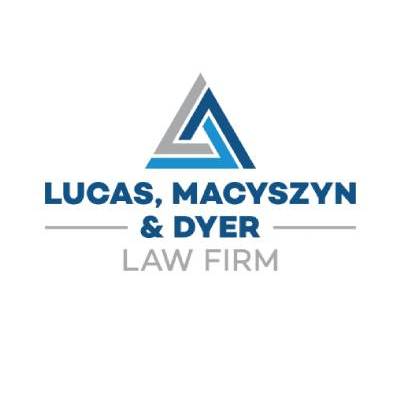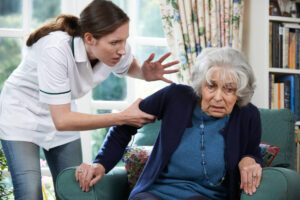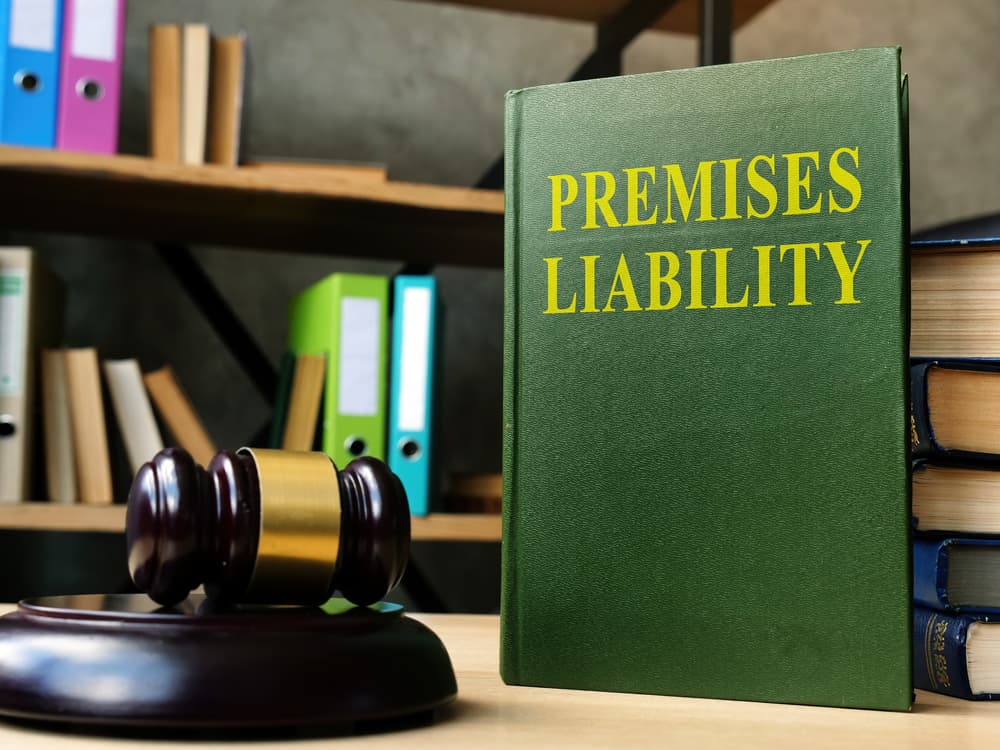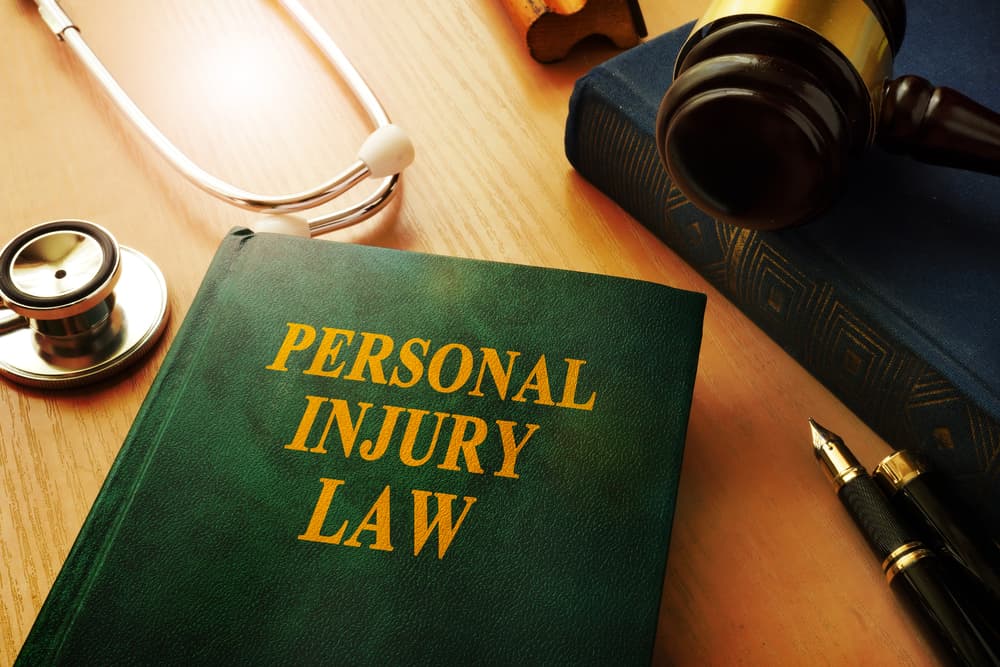
If you discover that a loved one may have suffered abuse in a nursing home, you may consider filing a nursing home abuse lawsuit. Abuse is an egregious violation of the nursing home’s duty to your loved one. A facility may have insurance covering injuries to its nursing home residents, but you may need to file a lawsuit to convince a nursing home or its insurer to pay the compensation you deserve.
If your loved one suffered serious injuries due to abuse, they may deserve significant compensation for their damages. You should let a nursing home negligence lawyer lead your case and handle its many complications rather than trying to handle the fight for justice on your own.
Do I Have Grounds to File a Nursing Home Abuse Lawsuit?
You generally have grounds for a lawsuit if a nursing home caused harm to you or a loved one through negligence. Negligence happens when someone with a duty of care fails to act as a reasonable person should in the same circumstances.
Failing to take basic safety measures to protect residents can qualify as negligence and create grounds for filing a nursing home abuse lawsuit.
An attorney proves negligence by:
- Establishing the duty of care: Every nursing home has a duty of care to its patients. While the duty extends beyond the minimum, the minimum duty of care requires the home to protect the residents from harm, including nursing home neglect and abuse.
- Proving the breach of duty of care: If the nursing home failed to protect the resident from abuse, it breached its duty of care.
- Establishing causation: Nursing home abuse causes immense harm to the victim. An attorney will work to prove the home’s breach of duty of care caused the abuse, which caused the victim harm.
- Showing abuse-related damages: As the final leg of the negligence argument, an attorney will show the damages resulting from the breach of duty of care.
This is only the shell of the negligence argument. Your lawyer will tie the specific details of your loved one’s abuse into this framework. If abuse has happened, it will not be a stretch to prove that the nursing home (and possibly other liable parties) failed in ways that negatively affected the victim of abuse.
Examples of Abuse-Related Negligence in a Nursing Home Setting
 While an abuser may intentionally harm their victim, negligence generally involves non-intentional failures.
While an abuser may intentionally harm their victim, negligence generally involves non-intentional failures.
Multiple failures may have allowed the abuser to cause harm, including:
- At the administrative level: Administrators may endanger residents by hiring unqualified employees or employees with a history of mistreating their patients, failing to monitor employees, failing to staff the home adequately, and failing to terminate employees who endanger residents.
- At the caregiver level: Even if caregivers do not commit abuse, they may be negligent if they fail to monitor their coworkers, fail to investigate or report suspected abuse, or fail to take other measures that may have prevented the abuse from taking place.
Of course, abusers commit intentional wrongdoing and must also be accountable for their harmful actions. However, nursing home abuse lawyers consider failures at all levels that allow abuse to occur.
Who Can File a Nursing Home Abuse Lawsuit?
You may pursue a nursing home abuse lawsuit if you:
- Are the victim of abuse in a nursing home
- Are the loved one or friend of somebody who suffered abuse in a nursing home
- Are the loved one of somebody who passed away because of nursing home abuse
When you begin your search for a law firm to discuss a nursing home lawsuit, simply explain your relationship to the abuse victim. They will begin by assessing your options and explaining the steps necessary to seek justice for the abuse. Those steps may start with hiring the firm to start the legal process.
What Qualifies as Abuse in a Nursing Home Setting?
Elder abuse is an intentional act or failure to act that causes or creates a risk of harm to an older adult. In fact, elder abuse often does not cause “a risk of harm” but instead causes harm.
There are several forms of elder abuse, including:
Physical Abuse
Physical abuse is any form of touching meant to cause harm to the victim and can include:
- Forceful grabbing
- Pushing or shoving
- Slapping or punching
- Pinching
- Burning
- Cutting
Signs of physical abuse may include continuously visible wounds without explanation and a fear response when you attempt to touch your loved one.
Sexual Abuse
Any unwanted or inappropriate sexual contact with an elder qualifies as sexual abuse. Touching genitals, sexual penetration, and forced sexual acts qualify as sexual abuse. This is an especially heinous form of abuse that warrants both criminal charges and civil action.
Emotional and Psychological Abuse
When someone intentionally harms an elder, they abuse that person emotionally and psychologically.
Specific examples of emotional and psychological elder abuse include:
- Name-calling
- Pretending to strike the victim
- Making threats to cause physical harm or withhold care
- Intentionally lying to distress the victim
- Isolating the victim
- Spreading hurtful rumors about the victim within the nursing home
- Any other act meant to harm the victim psychologically or emotionally, or that diminishes their quality of life
There is never an excuse to cause psychological or emotional harm to an elder who may already be emotionally fragile. Even if an elderly nursing home resident has medical or psychological conditions that make them difficult to care for, caregivers must exercise compassion and patience in every instance.
Financial Abuse
Financial abuse can occur when a caregiver, fellow resident, or another person in a position of power:
- Steals valuables from the resident
- Tricks the resident into granting the abuser control of their finances
- Steals financial information, such as credit card numbers, and uses the information to steal the victim’s funds
- Convinces the victim to engage in financial acts that benefit the abuser, whether through force or deception
Nursing homes can also be guilty of financial abuse through conduct like overbilling and fraud.
Neglect
While neglect is technically distinct from abuse, the same failures that allow for abuse may also allow for neglect.
Examples of elder neglect include:
- Failing to provide basic hygiene, including regular bathing
- Failing to administer medications regularly and properly
- Failing to rotate an immobile resident regularly to avoid the development of bed sores
- Failing to assist a resident in going to the bathroom and moving from place to place
- Failing to help the resident engage in social activities
- Refusing or failing to provide any other care that the resident requires
Neglect can inflict as much harm as abuse, causing physical injuries, psychological and emotional harm, and potentially proving fatal. If you believe your loved one suffered any form of mistreatment in a nursing home, take action to secure justice by talking to a nursing home negligence attorney.
Can Nursing Home Abuse Lawsuits Also Apply to an Assisted Living Facility?
Assisted living facilities and nursing homes are similar in that they both provide care for elderly or disabled individuals, but they offer different levels of care. Assisted living facilities generally assist with daily living activities, such as bathing, dressing, and medication management, while nursing homes offer more comprehensive medical care, including skilled nursing services.
In terms of legal implications, nursing home abuse lawsuits typically apply to nursing homes where residents have suffered harm due to neglect or abuse by staff. However, similar lawsuits can apply to assisted living facilities if there is evidence of neglect or abuse that resulted in harm to a resident. It’s a good idea to talk to an attorney with experience handling nursing home lawsuits about this type of incident to find out if you can bring a claim.
I Discovered My Loved One Suffered Abuse in a Nursing Home. What Should I Do Now?
Your loved one’s safety is the greatest priority. If you suspect nursing home abuse, relocate your loved one. If you believe abuse or neglect has happened in a nursing home, the mistreatment may happen again.
Hire a lawyer next. An experienced attorney in nursing home abuse cases can help you relocate your loved one. The attorney will seek justice for any harm your loved one suffered.
How to Choose a Nursing Home Abuse Lawyer
You can search the internet, speak with loved ones, friends, and colleagues, and review local advertisements to find prospective attorneys.
As you narrow your search for a nursing home abuse lawyer, consider:
- A law firm’s level of experience with nursing home abuse: Is the law firm known for handling nursing home abuse cases? Does the firm list nursing home abuse as a prominent practice area on its website? These are questions to consider as you vet prospective firms.
- The law firm’s financial recoveries in nursing home abuse cases: Experience is important, but actual results are even more telling. You should take note if the firm has a record of securing large financial recoveries in nursing home abuse cases.
- The law firm’s fee structure: Most nursing home abuse law firms require no upfront payment from you. This contingency-fee structure can benefit the client, as it puts financial risk on the law firm.
- How you feel during your consultation: Does the law firm’s representative appear patient and informative? Or, perhaps, do you get the feeling that you’ve inconvenienced the firm by asking questions? Your experience during your free consultation may indicate the service you’ll receive during your case.
You are the one who will be relying on and interacting with the law firm. Don’t hesitate to rely on your instincts as you whittle down candidates to lead your case. You may also consider online reviews, which can provide important insights from former clients.
Can I Lead a Nursing Home Abuse Lawsuit Without a Lawyer?
Never try to lead your own nursing home abuse lawsuit.
Many clients whose loved ones suffer nursing home abuse rely on an attorney to lead their case, and their motivations include:
- The experience that the lawyer offers
- The financial resources that the law firm provides, as lawyers cover case-related expenses for their clients
- The limitations on time and energy that most people face that prevent them from dealing with a lawsuit
- The psychological and emotional demands that a lawsuit requires
Lawyers face the stress, physical demands, and legal demands of a lawsuit, so their clients don’t have to. Injury firms also take the financial burden off their clients. Without these benefits that a lawyer provides, you will have to face the full scope of your case on your own. Most people are not in a position to do so.
What a Nursing Home Abuse Lawyer Does (Whether or Not They File a Lawsuit)
Nursing home abuse lawyers handle every responsibility from the moment their client hires them through the resolution of the case.
These duties typically include:
- Obtaining all available evidence of abuse including reviewing medical records
- Establishing who perpetrated the abuse and who has legal liability for the harm resulting from the abuse
- Documenting the client’s damages, which they may do with medical bills incurred during treatment, images of injuries, diagnoses of medical and psychological harm, invoices for relocation expenses, and any other proof of abuse-related damages
- Calculating exactly how much money the client deserves for abuse-related damages
- Completing all case-related paperwork
- Managing case-related communications
- Negotiating a settlement
- Completing any necessary trial
Trials are uncommon in civil cases, including those related to nursing home abuse. However, law firms generally prepare for the possibility of trial. This way, if the liable nursing home (or other liable parties) does not offer a fair settlement, the law firm will be ready for court.
Recoverable Damages in a Nursing Home Abuse Case
Each elderly abuse victim suffers different damages, which can be psychological, physical, emotional, and financial.
Specific damages that lawyers often see in victims of nursing home abuse include:
- Pain and suffering: Perhaps the most heartbreaking and prominent outcome of elder abuse is pain and suffering. Though this damage does not always have a clear economic cost, it is a key feature of every nursing home abuse case.
- Medical expenses: Any medical care your loved one requires because of abuse will be part of the lawsuit. If your loved one is still receiving treatment or undergoing rehab for abuse-related injuries, your lawyer will project the future cost of care.
- Moving expenses: If your loved one moved to a new facility after suffering abuse, your lawyer will determine the total cost of moving.
If you have lost a loved one from abuse-related injuries, your attorney will determine the complete scope of your tragic loss.

Seek a Nursing Home Abuse Lawyer Today
Sadly, nursing home abuse occurs all too frequently. Do not wait to hire an experienced attorney to lead your case following an instance of nursing home abuse. Getting justice is paramount, and a personal injury attorney in New Port Richey will start to work on your case today. Protect your loved one’s health and safety by taking legal action today. Personal injury lawyers have experience handling the nursing home lawsuit process and handling nursing home claims. They are ready to take on a negligent nursing facility in pursuit of justice.



